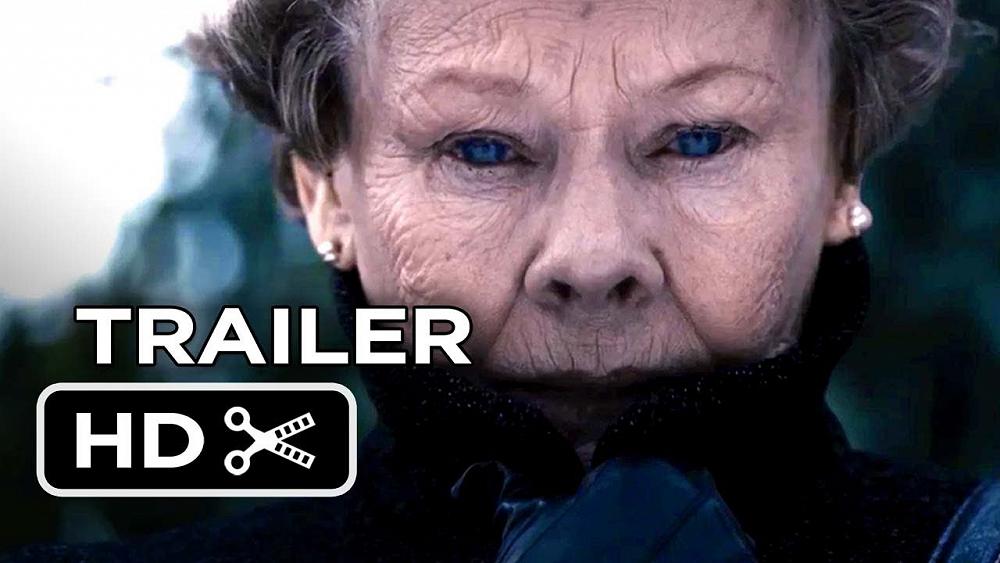Philomena
Director: Stephen Frears Reviewer: Paul Sorrell
The story behind Philomena has been told many times in films and books – a mother’s search for the child she gave up for adoption many years before. This two-hander, finely played by Dame Judi Dench and Steve Coogan, is itself based on a nonfiction book – the account by journalist Martin Sixsmith of Irish nurse Philomena Lee’s search for her long-lost son. Anthony was adopted as a baby by an American family when, as a young unmarried mother, Philomena was sent to work as a laundrywoman in a convent in Roscrea, County Tipperary. (The setting is strongly reminiscent of The Magdalene Sisters, reviewed in this column in Tui Motu magazine July 2003.)
But this is a quest story with an original twist – all the legwork in unravelling the case is done by Sixsmith, an investigative journalist recently sacked from a high-profile job with the BBC. With nothing better to do, Sixsmith decides to turn his hand to a "human interest" story. His detached cynicism contrasts with Philomena’s unworldliness and simple faith that persists despite what has happened to her. It is Sixsmith, with his militant atheism and biting condemnation of the sins of the Catholic Church, who provides the voice of criticism and condemnation.
Back in London, his newspaper editor eggs him on to play up the most sensational aspects of his unfolding story – especially the shortcomings of the Church – which include adopting children out to the highest bidder and destroying evidence of births at the convent.
The search for Philomena’s son takes the mismatched pair to the US where their often clumsy encounters provide both humour and pathos. Philomena frets that Anthony may have become a hobo, or even obese, "given the size of the portions here". However, they find out a good deal about Anthony (or Michael, as he is known in the US), uncovering a life story embracing both triumph and tragedy, success and defeat. In a heart-rending twist, the end of their search takes them right back to the beginning.
Philomena could so easily have become an exercise in sentimentality or easy polemics, a self-indulgent ‘weepie’, or a stereotyped attack on the Church. What saves it from this fate – although at times the film walks a fine line – is Philomena’s unwavering commitment to finding the truth about her child, whatever the outcome, and the film’s emotional trajectory that, at the end, bridges the gap between this "simple Irish lady" and the hard-nosed investigator. Highly recommended.
Published in Tui Motu magazine. February 2014.

